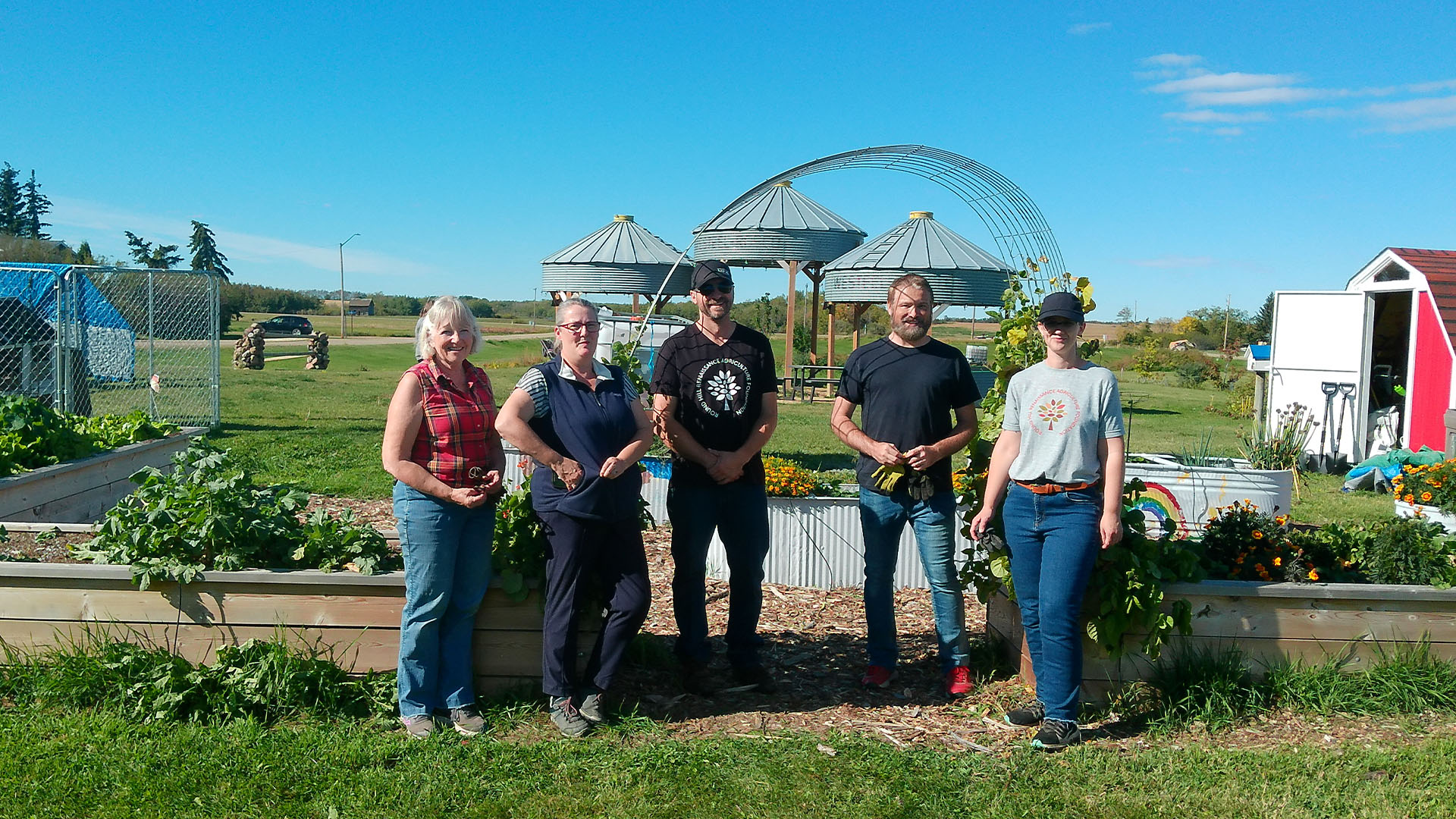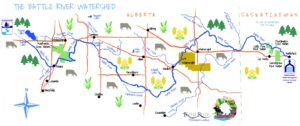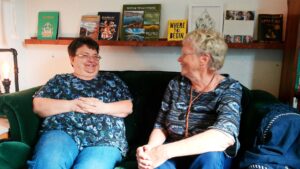by Cameron Domes
In the charming hamlet of Round Hill, Alberta, located just 20 minutes northeast of Camrose, there lies a school with a remarkable story. Round Hill School, once at the brink of closure, has become a symbol of resilience, thanks to the efforts of dedicated community members like Nicola Irving and Kyle Kuchnerek, through their organization, the Renaissance Project. Four years ago, the school was one of five on the chopping block, due to declining enrollment and high maintenance costs. The school district deemed it financially unsustainable. Yet today, Round Hill School remains open, a testament to the power of community and grassroots activism in Round Hill, Alberta.
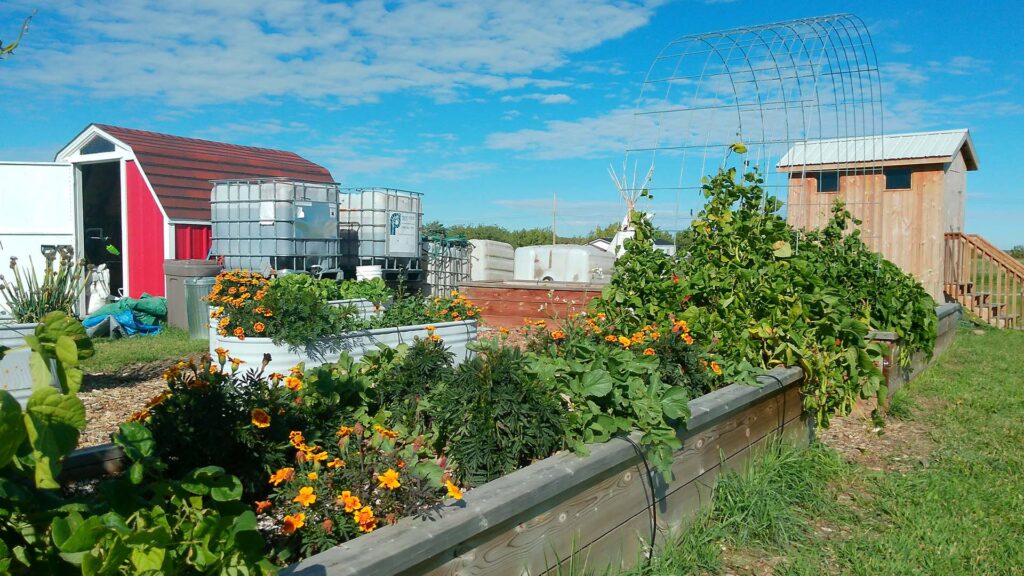
Fighting for the Future of Round Hill School
When the closure was first announced, the people of Round Hill, Alberta were understandably concerned. In small, tight-knit communities, schools are more than just educational institutions—they are vital community hubs that encourage families to stay and grow. Determined to keep the school open, Nicola and Kyle, along with the rest of the Round Hillcommunity, took action. They hosted town hall meetings where even students spoke up in defense of their beloved school. The duo enlisted Prairie Principal Kevin Van Lagen, a known advocate for rural education and agricultural programs, to make their case.
Van Lagen’s presentations underscored the importance of agriculture programs in rural communities and why saving Round Hill School mattered. The Renaissance Project put forward a comprehensive proposal and business plan. However, the school district wasn’t initially supportive, so the community turned to the media, including Global News, to raise awareness. In a narrow 4-3 vote, the school district decided in favor of keeping Round Hill School open—an enormous victory for the Renaissance Project and the Alberta community builders behind it.
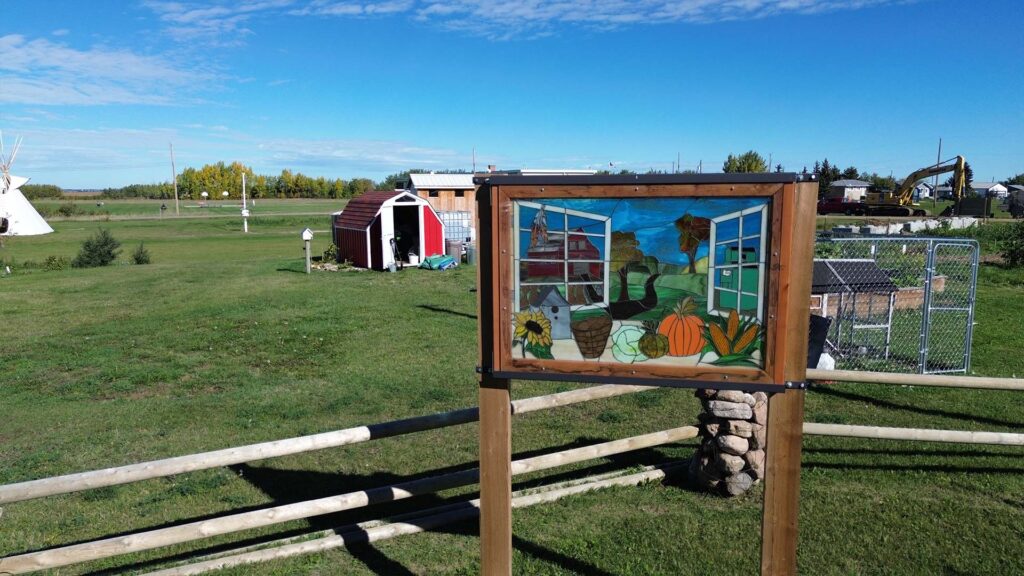
Learning From the Land and First Nations
Although the school remained open, the Renaissance Project had to adjust its plan. Initially, the project aimed to financially support the school directly, but the regulations prevented that. The first step toward revitalization came in the form of a community garden, a key part of the new agriculture program. Launched during the pandemic, the garden provided a safe, outdoor space for the community to come together. Students now take an active role in planting, harvesting, and maintaining the garden, learning valuable lessons about agriculture, nature, and healthy living.
There are even discussions about incorporating First Nations teachings into the curriculum, offering a unique and valuable perspective on land stewardship. This blending of agricultural education with Indigenous knowledge is one of the many ways Round Hill School is evolving into a forward-thinking institution in Round Hill, Alberta.
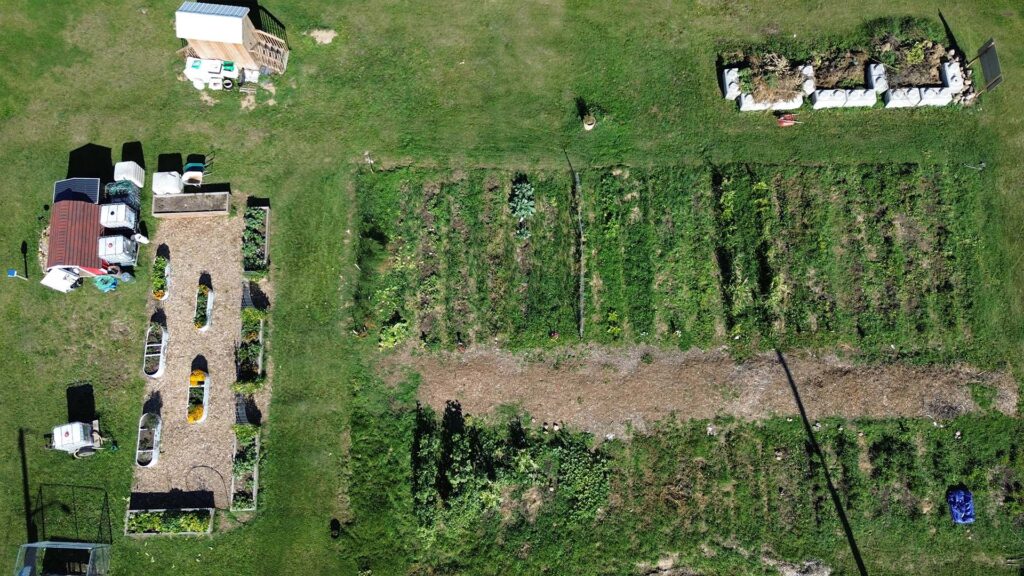
Local Support and Growth
The success of the Renaissance Project owes much to local support. The county has recognized the value of the agriculture program and its potential to enrich the Round Hill, Alberta community. When the school faced closure, enrollment was down to just 80 students. Today, Round Hill School boasts more than 120 students—a 50% increase, with families willing to travel farther to take advantage of the unique program.
In addition to the garden, the project has expanded to include a community composting facility, repurposed grain storage structures, and a tipi to enhance Indigenous education. The University of Alberta’s Augustana campus has also become a major supporter, donating funds to expand the program with plants, composting materials, and even a field trip initiative.
Although the school district has become a more supportive partner in recent years, they remain cautious. Rising maintenance costs still pose a challenge, but with the community’s backing, Round Hill School continues to thrive, serving as a model for Alberta community builders.
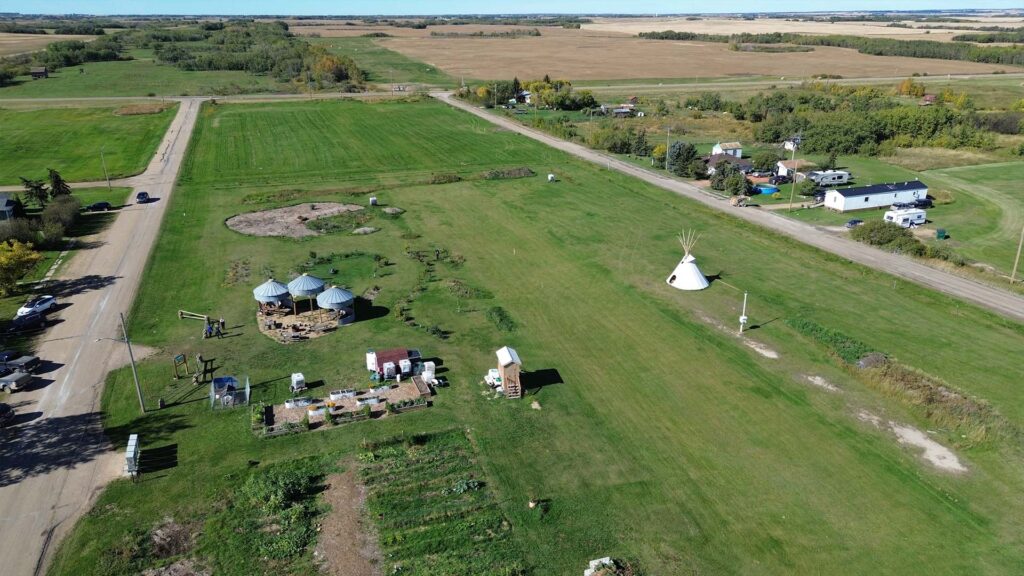
Big Plans for the Future of Round Hill
Looking ahead, the Renaissance Project dreams of transforming Round Hill School into a regional educational hub. The vision is to create a space where students from other schools can come to learn, where First Nations practices are shared and celebrated, and where the entire Round Hill, Alberta community can gather. Current projects include working with Ducks Unlimited and the Battle River Watershed Alliance to develop a small wetland, further expanding the program’s environmental education opportunities.
The future is bright for Round Hill School and its agriculture program, but it will take continued effort, funding, and volunteer support to reach its full potential. With the support of local organizations, Alberta community builders, and committed volunteers, the program has already made a lasting impact—saving a school, revitalizing a community, and offering an inspiring model for rural education in Round Hill, Alberta.
Know of an amazing Community Builder or Local Initiative we should highlight? Drop us a line and tell us all about it!

